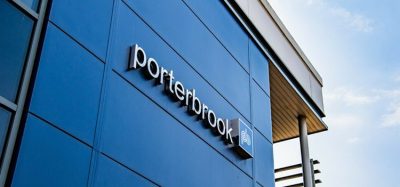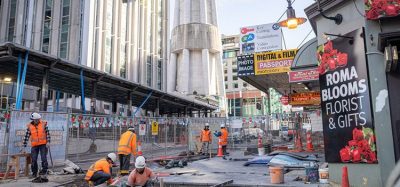HS2 trains recognised for reduced carbon impact
Posted: 4 September 2023 | Elliot Robinson (Editorial Assistant - Global Railway Review) | No comments yet
HS2’s new high speed trains, which are set to run on the network within 10 years, have been recognised as the most environmentally-friendly in the world.
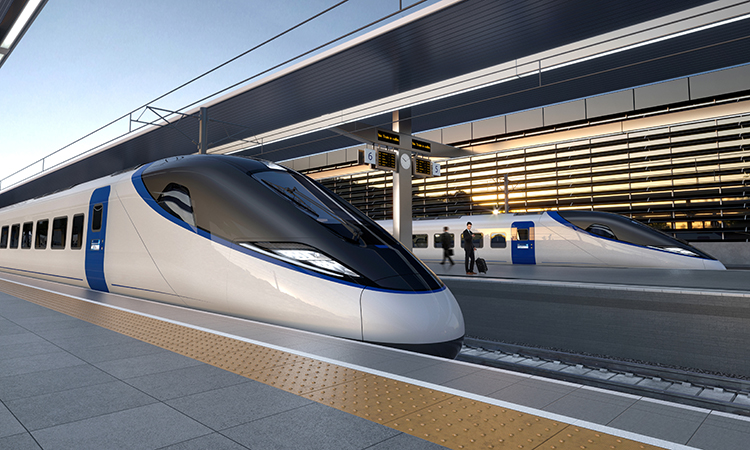

Credit: HS2
The high speed trains due to start running on the HS2 rail network within 10 years have been marked out as the most environmentally-friendly in the world. The trains, being designed and made in the UK by a Hitachi and Alstom joint venture, will be less carbon intensive throughout their lifecycle than any other high speed train currently in design, production or operation.
The new design, based on the successful Frecciarossa high-speed train now operating in Italy and Spain, has become the first train in the world to achieve the British Standards Institute’s PAS 2080 global accreditation. Work during the train’s detailed design will optimise the weight of its carbody, wheelsets and cabling; and build more of the train with recycled and recyclable material. Great effort also went into reducing the train’s energy consumption, including improvements in its aerodynamics, which has led to it becoming the first high speed train in the world to have a smooth, dynamically efficient underside, cutting its drag coefficient. Finally, the train’s traction system and electric motors will be highly energy efficient – reducing energy demand for a train that will reach speeds of up to 225mph and is designed to run for 18,500 miles between servicing.
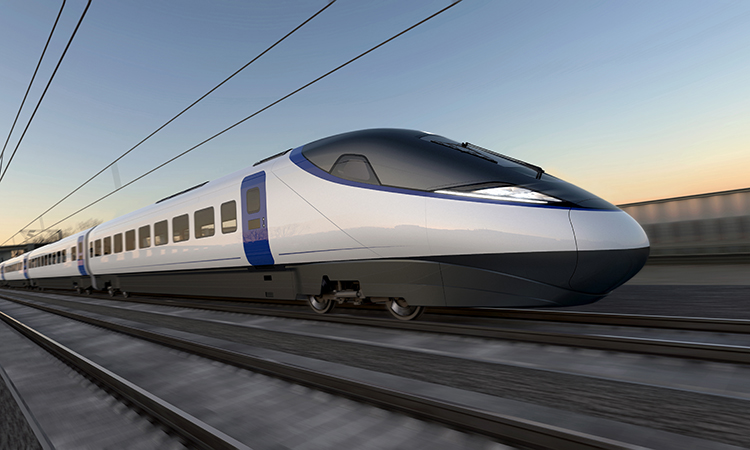

Credit: HS2
“We’re delighted that our train is the first in the world to be recognised for its low-carbon credentials,” Bernie Rowell, HS2 Ltd’s Head of Delivery – Rolling Stock, said. “It is testament to our determination to deliver a low carbon mass transit high speed rail system for Britain. HS2 will persuade people to choose the train over the car and plane and help the UK reach net zero by 2050.”
“HS2 challenged us to meet this certification as part of our competitive pitch, and we’re proud to be achieving it,” Jim Brewin, Chief Director of Hitachi Rail UK & Ireland, said. “HS2 trains have gone through a design process of unparalleled rigour – becoming more aerodynamic, more energy-efficient, lighter, leaner, and greener.”
HS2 Ltd awarded the £2 billion contract to design, build and maintain 54 very high speed trains to a joint venture between Hitachi Rail and Alstom in December 2021. Due to start rolling off the production line around 2027, the eight carriage trains measuring 200 metres in length, will be manufactured across three UK factories. Hitachi’s Co Durham plant will handle vehicle body assembly and initial fit-out before transferring further fit-out and testing work to Alstom’s historic Derby works.
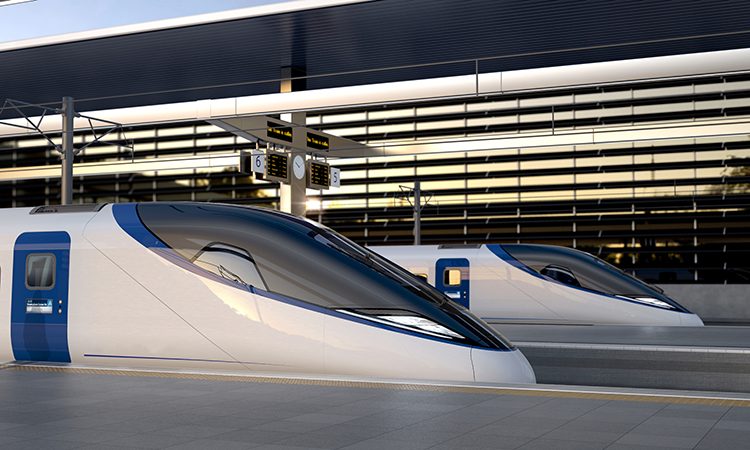

Credit: HS2
In a boost to the UK’s train building capability, all the trains’ bogies (which house the wheelsets) will be made and maintained at Alstom’s Crewe facility. Specified to provide seamless direct journeys via the HS2 and conventional networks, each train in the fleet will undergo a period of rigorous static and dynamic testing before high speed passenger services begin between 2029 and 2033.
The BSI’s low carbon accreditation of HS2’s train comes three years after the railway infrastructure itself received the same accolade for its aim to halve the carbon content of its tunnels, viaducts and cuttings, along with stations and railway system.
Related topics
Rolling Stock Orders/Developments, Sustainability/Decarbonisation





